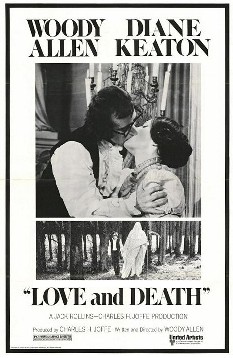Last week, I posted the rebuttal I wrote to the American Association of Individual Investors (AAII) review of my best-selling book, which declared the concept “too good to be true.”
Since AAII said they would not publish my response or correction of the misinformation contained in their review, I told them I would publish it here and let YOU be the judge of whether AAII was twisting and omitting things… or being fair and unbiased.
The response was swift, surprising and universal. There were so many insightful comments made that I couldn’t pick only three to award prizes to, as was my original plan.
So I picked ten (the winners are listed at the end of this post – check to see if your comment was one that was chosen). And I’ve excerpted from a number of the comments here, so I can share some of the highlights with you.
Jeffrey summarized the thinking of many commenters about AAII this way:
AAII naturally committed the typical strategic blunders essential to the charade proposed by the investment industry (Wall Street) and financial professionals (a.k.a. traders, gamblers, speculators, etc.). Any attempt to allow people an opportunity to truly grow wealth, reduce risk, and prepare for a more stable environment challenges the status quo of buy and lose (commonly referred to as buy and hold) and then industry pundits (AAII) start the negative attacks in order to establish fear of finances and preserve their base of profits. AAII omitted important aspects of your plan, distorted facts of your plan to promote obfuscation, and blatantly twisted all aspects of your plan in order to destroy your credibility.
Thank you for presenting people with an opportunity to actually prepare, plan, and realize a better financial picture.”
[Read more…] “AAII vs. Bank On Yourself: Total Knockout in Round One”


